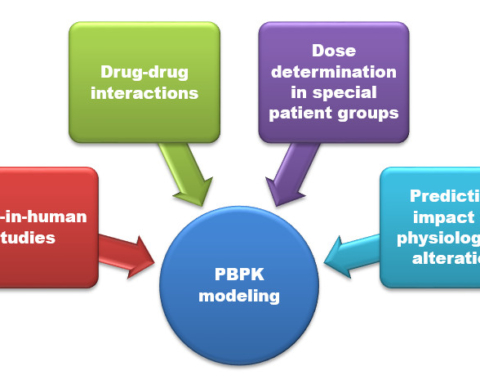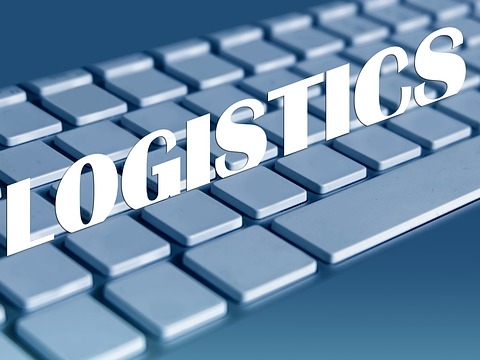Navigating regulatory compliance in the pharmaceutical industry is crucial to ensure the safety, efficacy, and quality of pharmaceutical products. The pharmaceutical industry is heavily regulated in most countries to protect public health and to maintain the integrity of the products. Here are some key aspects to consider when navigating regulatory compliance in the pharmaceutical industry:
Understanding Regulatory Authorities:
Identify the regulatory authorities that govern pharmaceuticals in your target markets. In the United States, for example, the Food and Drug Administration (FDA) plays a central role, while the European Medicines Agency (EMA) oversees regulations in the European Union.
Good Manufacturing Practices (GMP):
Compliance with GMP regulations is essential. These guidelines ensure that pharmaceutical products are consistently manufactured, controlled, and tested to meet quality standards. Manufacturers must maintain detailed records of their processes.
Clinical Trials and New Drug Approval:
Before marketing a new drug, extensive clinical trials must be conducted to prove safety and efficacy. Compliance with regulations regarding the design, conduct, and reporting of clinical trials is vital.
Pharmacovigilance:
Pharmaceutical companies are required to monitor and report adverse events associated with their products. Adhering to pharmacovigilance regulations is crucial to protect patients.
Labeling and Packaging Regulations:
Ensure that product labels and packaging comply with local regulations. This includes information on proper usage, potential side effects, and storage instructions.
Quality Control and Quality Assurance:
Establish quality control and quality assurance systems to monitor and ensure the consistent quality of pharmaceutical products. This involves routine testing, inspections, and audits.
Data Integrity:
Maintain data integrity to ensure the accuracy and reliability of all records related to pharmaceutical manufacturing, quality, and safety.
Post-Market Surveillance:
Continue monitoring product safety and efficacy even after market approval. Compliance with post-market surveillance requirements is necessary.
Supply Chain Management:
Ensure that the entire supply chain, from raw material suppliers to distributors, adheres to pharmaceutical regulations. This includes Good Distribution Practices (GDP) for distribution and logistics.
Regulatory Submissions:
Prepare and submit detailed regulatory documentation to gain approval for new drugs or variations to existing products. Regulatory agencies review these submissions carefully.
Intellectual Property:
Protect intellectual property, including patents and trademarks, which are crucial for pharmaceutical companies to maintain exclusivity over their products.
Compliance Training:
Train employees on regulatory requirements and the importance of compliance. Regular training and updates are essential for staying current with changing regulations.
Risk Management:
Implement a robust risk management program to identify, assess, and mitigate risks associated with your pharmaceutical products and operations.
Global Harmonization:
Stay informed about international efforts to harmonize pharmaceutical regulations, such as the International Council for Harmonisation of Technical Requirements for Pharmaceuticals for Human Use (ICH).
Legal and Ethical Considerations:
Ensure compliance with legal and ethical standards, including anti-bribery and anti-corruption laws. Ethical practices are vital in the pharmaceutical industry.
Consultation with Regulatory Experts:
Engage with regulatory experts and legal counsel who specialize in pharmaceutical regulations to navigate complex compliance issues effectively.
Navigating regulatory compliance in the pharmaceutical industry is an ongoing process that demands vigilance, adaptability, and a commitment to upholding the highest standards of quality, safety, and ethics. It’s essential to stay current with evolving regulations, as the pharmaceutical industry is subject to continuous changes in response to scientific advancements and public health needs.







